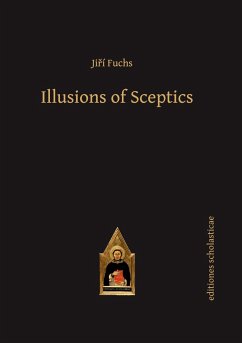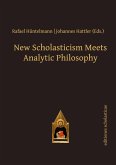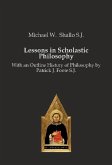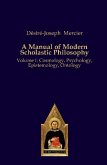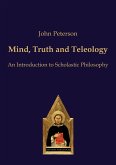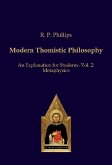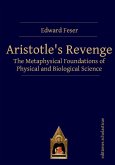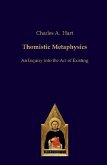It is the authors belief that philosophers, if they aspire to critical thinking, have to start their investigation by embracing the concept of truth as an underlying characteristic of the human thought. The cornerstone of the entire Noetics is to construct the apodictic proof of the objective truth, which is, in the correspondence sense, assumed, whether they realize it or not, even by the most extreme sceptics. This proof also refutes the traditional objections purporting that all the attempts at the self-explanation of reason inevitably result in dogmatism, circular logic or infinite regress. Accordingly, the verification of truth as a mandatory attribute of the human thought becomes the main benchmark not just for the noetic, but for every subsequent philosophical investigation. This critical confrontation invalidates the modern theories of knowledge along with their negativistic vein, exposing them as basically dogmatic and intrinsically contradictory. By providing a liberating distance from the principle authorities of modern philosophy, the true Noetics can show that the tragic and anthropologically destructive outcome in the postmodern relativism of values is by no means an indispensable attribute of philosophy proper but just a consequence of the failure of the modern thinkers to pay proper attention to the Noetics.
Hinweis: Dieser Artikel kann nur an eine deutsche Lieferadresse ausgeliefert werden.
Hinweis: Dieser Artikel kann nur an eine deutsche Lieferadresse ausgeliefert werden.

